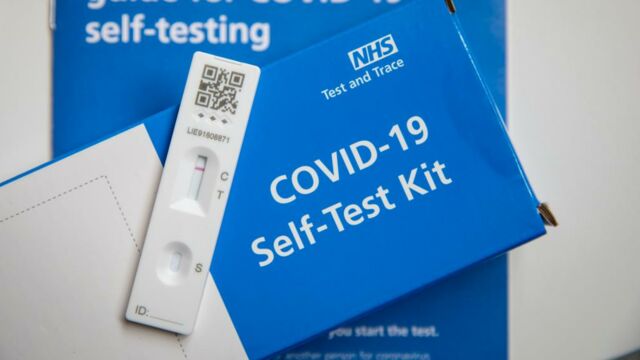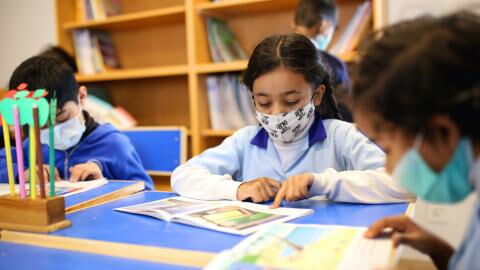England is slowly making its way back to a lockdown free life, with bars, restaurants and non-essential stores set to re-open from the 12th of April.Alongside the re-opening and vaccine passport trials, Prime Minister Boris Johnson also announced that all residents would receive twice-weekly coronavirus tests, regardless of whether they have any symptoms.
Discover our latest podcast
So what is this lateral flow testing scheme, and how will it work?
What is lateral flow testing?
The new lateral flow testing programme consists of antigen tests that can deliver results in less than half an hour. This type of test has been praised for its ability to quickly identify both symptomatic and a-symptomatic COVID sufferers.
Not only do antigen tests supply fast results, but they also don’t need to travel halfway to your brain to get them either; this type of swab is much more gentle. As a consequence of this gentleness, antigen swabs are much less sensitive than their PCR parents, but they do deliver fewer false positives.
So far, only 18% of those who experience coronavirus symptoms in the UK seek out testing, and one in three cases experience no symptoms at all. Twice-weekly rapid testing will ensure coronavirus sufferers are detected early to prevent the unwitting spread of the disease in public spaces. Dr Susan Hopkins, COVID-19 Strategic Response Director at PHE and Chief Medical Adviser to NHS Test and Trace, spoke out about the new scheme stating:
Rapid testing helps us find COVID-19 cases that we wouldn’t otherwise know about, helping to break chains of transmission. These tests are effective in detecting people that are infectious and therefore most likely to transmit infection to others.
Where to receive the antigen tests
Antigen tests will be available to the public from the 9th of April and can be ordered online straight to your door, as well as through a workplace testing programme or community testing drives and can also be collected from local PCR testing sites.
Lateral flow tests are already available onsite for frontline workers as well as students. A new pharmacy collect service is also being launched, which will allow those 18 and older with no symptoms to pick up a box of seven tests straight from the store.
If using the antigen tests in the home, users will then need to register their results either online or by calling 119.
What happens if you test positive?
While you may be hoping that rapid testing could be your ticket to enjoying life once again, there is always the chance you test positive for coronavirus.
If your antigen test does come up positive for COVID, you will then need to self isolate and call 119 to log your results and book a confirmatory PCR test. Those positive for the virus will need to isolate for at least ten days or until receiving a negative test result.
NHS COVID-19 app changes
To coincide with the rollout of the lateral flow testing programme, the NHS COVID-19 app will also be seeing some changes.
From the 9th of April, all groups or individuals entering a hospitality venue will need to sign-in on the app by scanning a provided NHS QR code poster or leave their details with staff. New, easy-to-read QR code posters will also be distributed to all hospitality venues where they will be legally required to display them for patrons.
If an app user in England tests positive for the virus, they will also be asked to share their venue history (with privacy protection) via the app to allow for more responsive venue alerts. Additionally, those who have attended the same venue as multiple COVID positive persons may receive a notification recommending they seek out testing.















